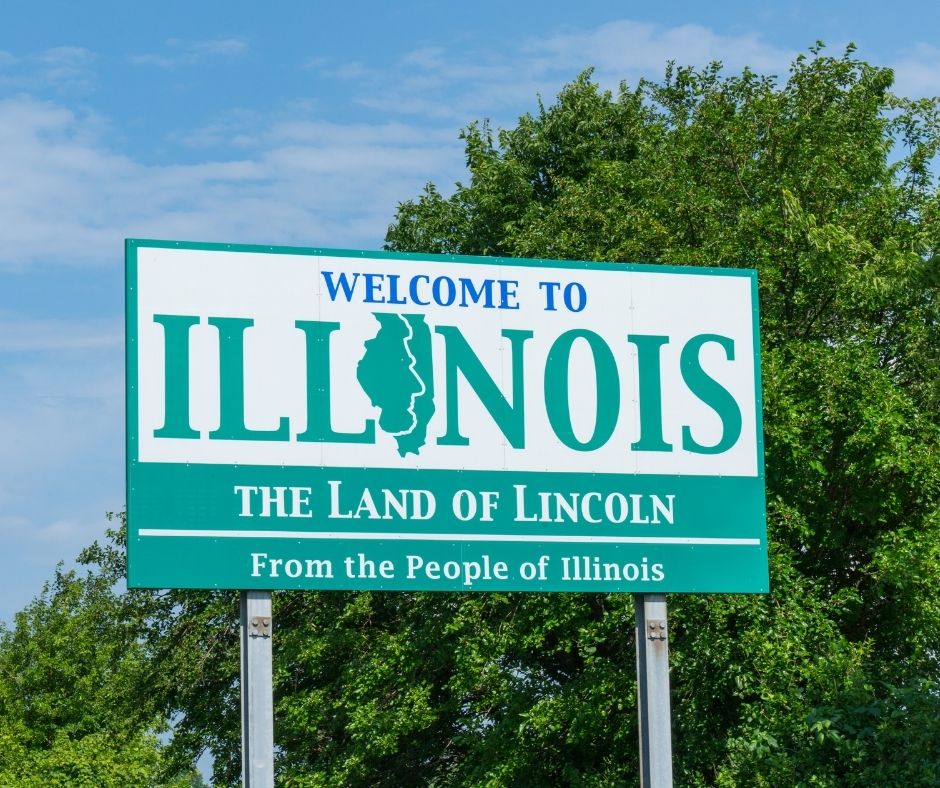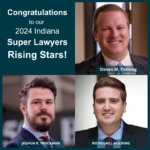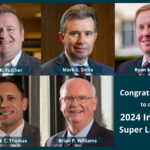By Mark McAnulty and Nick Golding
Effective January 1, 2022, amendments to the Illinois Freedom to Work Act (820 ILCS 90/5) placed significant new restrictions on non-compete and non-solicitation agreements in Illinois. Fortunately, these amendments do not apply retroactively, but any such agreement effective January 1st and after must comply with the amendments.

Enforceability of Restrictive Covenants
Under the statute, restrictive covenants may be enforceable when: (1) the employee receives adequate consideration; (2) the covenant is ancillary to a valid employment relationship (so not applicable to independent contractors); (3) the covenant is no greater than is required for the protection of the legitimate business interest; (4) the covenant does not impose undue hardship on the employee; and (5) the covenant is not injurious to the public.
1. Consideration
New employment or continued employment, by itself, is not adequate consideration unless the employee works for at least two years after the agreement is signed. However, “professional or financial benefits” either alone or in addition to employment can be sufficient consideration.
2. Prior Notice Required
For a non-compete or non-solicit to be valid under the law, the employer must (1) advise the employee in writing to consult an attorney before signing the agreement and (2) provide the employee a copy of the agreement at least 14 days before the employee signs it. However, the employee can voluntarily waive the 14-day review period and sign the agreement before the period ends.
3. Earning Thresholds
For a non-compete to be enforceable, the employee’s actual or expected annualized rate of earnings must exceed $75,000 per year. For a non-solicit to be enforceable, the employee’s actual or expected annualized rate of earnings must exceed $45,000 per year. These earning thresholds increase over time as set forth in the table below.
| Non-Compete Earning Limits | Non-Solicit Earning Limits | |
| 2022 | $75,000 + | $45,000 + |
| 2027 | $80,000 + | $47,500 + |
| 2032 | $85,000 + | $50,000 + |
| 2037 | $90,000 + | $52,500 + |
The statute defines “earnings” as earned salary, earned bonuses, earned commissions, or any other form of taxable compensation that is or would be reflected on the employee’s IRS Form W-2, plus any elective deferrals, such as, without limitation, contributions to a 401k plan, 403b plan, or FSA or HSA contributions, or any commuter benefit-related deductions.
Enforcement/Remedies
Before attempting to enforce any non-compete or non-solicitation agreement, employers must consider the new remedies now available to employees. Under the new law, a prevailing employee shall recover all costs and all reasonable attorney’s fees in any civil action or arbitration filed by an employer to enforce a non-compete or non-solicitation agreement. The Illinois Attorney General also now has authority to investigate questionable restrictive covenant practices, as well as initiate or intervene in civil actions. The AG may also seek monetary damages and ask the court to impose civil penalties of up to $5,000 for each violation, or $10,000 for each repeat violation within a 5-year period.
The new law also recognizes the power of the courts to reform restrictive covenants. Although the statute specifically discourages “extensive judicial reformation,” it provides that in “some circumstances” courts have discretion to reform or sever parts of a restrictive covenant rather than hold it unenforceable. The statute does not delineate these “circumstances,” but lists factors that the court may consider when deciding whether reformation is appropriate, including (1) the fairness of the original restraints; (2) whether the restraints were a good faith effort to protect a legitimate interest; (3) the extent of reformation that would be needed; and (4) whether the parties included a clause in the agreement authorizing modification. These factors should be taken under consideration when drafting non-compete and non-solicitation agreements in Illinois.
For additional information on this or any related topic, please contact Mark McAnulty, Nick Golding, or any of the KDDK labor and employment law professionals.




